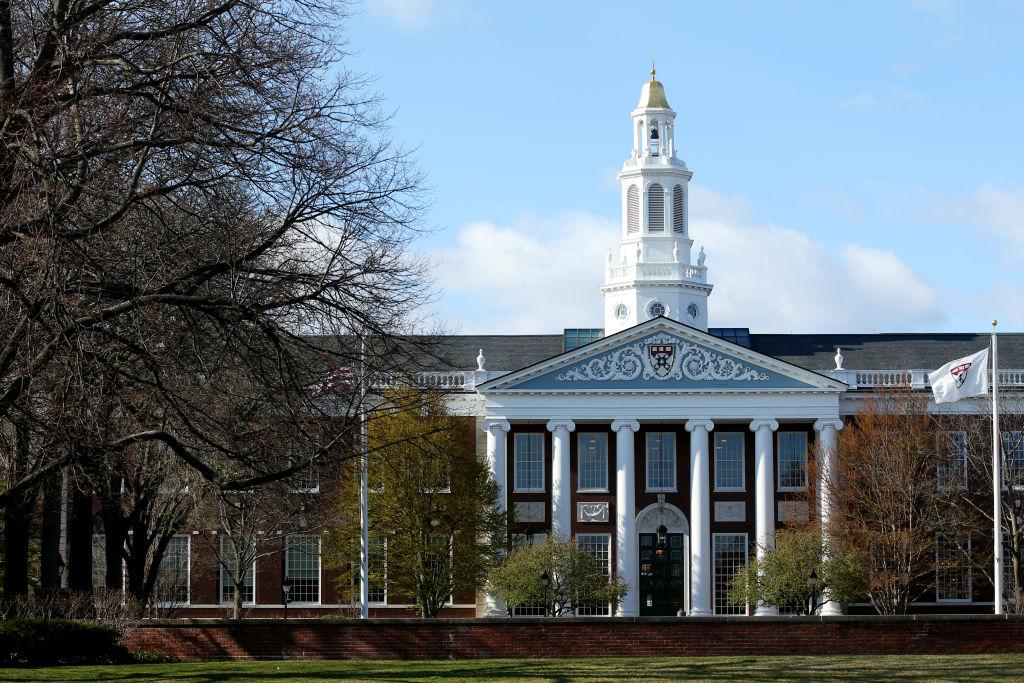An ongoing lawsuit challenging Harvard University’s “race-conscious” admissions policy has resulted in at least $40 million in legal fees, and the Ivy League school is suing a secondary insurer that allegedly refused to cover some of those costs.
Harvard has at least two insurance companies that cover potential legal costs, according to student newspaper The Harvard Crimson. As the university continues to defend its use of race-based admissions, it had gone past the $25 million limit through its primary liability insurance policy with AIG, which allegedly triggered a secondary insurance policy it has with Zurich, which is unwilling to pay for the remaining $15 million.





